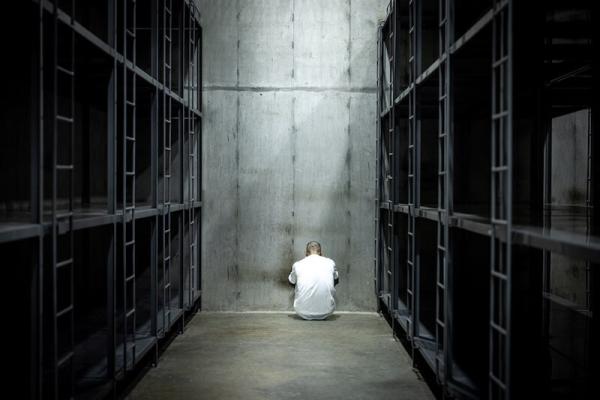Earlier this week, journalist Yamiche Alcindor asked Donald Trump about whether his rhetoric — and that of his party — emboldened white nationalists. Trump responded, "That's such a racist question." This happened on the same day in which a prominent white nationalist leader posted pictures of himself parading on the White House lawn.
Trump’s response follows a trend. When a reporter asked about his rhetoric contributing to violence, he said: “You're creating violence by your question.” When asked about the offensive ad that he ran in the lead up to the midterms, Trump replied, “Your questions are offensive.”
WATCH: @PBS @NewsHour White House correspondent @Yamiche Alcindor today at a WH news conference asked @realdonaldtrump whether calling himself a nationalist on the campaign trail has been emboldening white nationalists. President Trump replied, "That's such a racist question." pic.twitter.com/dzrTG9Yoxn
— PBS NewsHour (@NewsHour) November 7, 2018
Besides being ridiculous responses to serious questions, Trump’s behavior highlights a particular problem. Our political climate is becoming more polarized, but the polarization is asymmetrical.
Over at the The Atlantic, Adam Skewer argues:
In the Trump era, America finds itself with two political parties: one that’s growing more reliant on the nation’s diversity, and one that sees its path to power in stoking fear and rage toward those who are different. America doesn’t have a “tribalism” problem. It has a racism problem. And the parties are not equally responsible.
While it’s become fashionable to understand our nation’s problems primarily in terms of “polarization” or “tribalism,” such ahistorical frameworks can also downplay power imbalances and paint false equivalences. We end up imagining a landscape in which different groups equally fan the flames of division and exert power against others. Yet, studies on media polarization and reporting on the spike in hate groups within our country tell more complicated stories.
When we talk about polarization, we have to be careful. Otherwise, we risk mimicking Trump’s response to Yamiche Alcindor and equating racist attitudes with those who question them.
Got something to say about what you're reading? We value your feedback!







